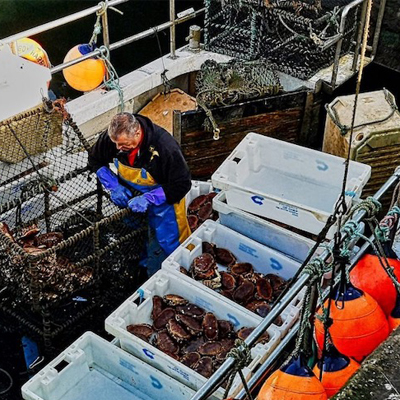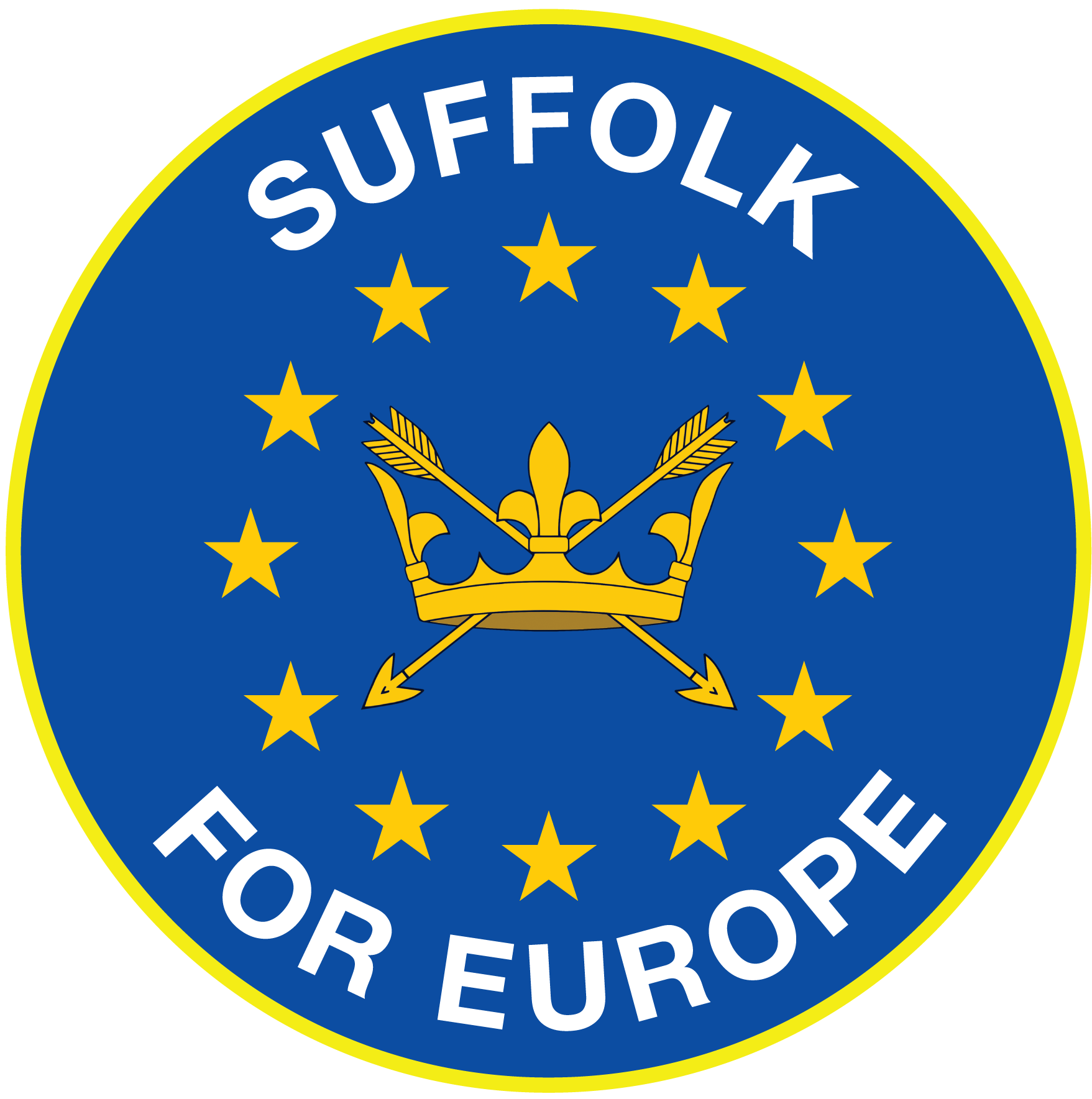

Date/Time
Date(s) - 11/05/2021
5:00 am - 6:00 am
About
Brexit has seriously damaged Scotland’s fishing industry. EMiS Committee Member David Brew will lead an interactive Zoom session for members and supporters to explore the highways and byways of the EU Common Fisheries Policy (CFP) and the Brexit effect on Scottish fisheries.
David is a former senior civil servant who led the Scottish Office fisheries team in the 1990s and served as Head of Fisheries in Marine Scotland following its establishment in 2009.
This will be an interactive session (online).
Register here.
Read our briefing paper for the upcoming Holyrood elections with our recommendations for the protection of Scotland’s fishing industry below.
Background
The EU’s Common Fisheries Policy does not deserve its bad reputation. It aims to ensure sustainable harvesting of marine resources and maximise the returns to the fishing sector. Its problems have arisen from putting its conservation measures into practice, and from disputes over the allocation of harvesting quotas (and therefore economic returns) among European fishermen.
Scotland shares the same conservation objectives as the EU and has made a major contribution to innovative conservation practice to avoid beggar-my-neighbour activity. The economic health of Scotland’s fishing industry is reliant on avoiding over-exploitation of the stocks of whitefish and oily fish that it shares with EU countries, Norway, the Faroes and Iceland; and on ensuring that it can export its fish harvest without barriers to trade.
Marine Scotland has made major contributions both to fisheries research and to effective conservation practice, for example by trialling the use of CCTV on board fishing vessels and policing fishing activity at sea. EU countries’ fishing vessels do not need to fish in Scottish waters to have a negative impact on shared stocks beyond the 12-mile territorial sea. At the same time, Scotland’s inshore waters can supply high quality shellfish and salmon to EU markets, making a valuable contribution to Scotland’s rural economy.
Everyone will lose out if Scotland does not co-operate with its neighbours to prevent overfishing and to ensure that, when its fish come to market, it enhances Scotland’s reputation for healthy and nutritious food production.
Early evidence following the trade deal with the EU has been of significant trade dislocation of fish exports to key EU markets. This has particularly affected the live shellfish exports that make a valuable contribution to the viability of Scotland’s coastal communities. Seafood Scotland was established under the relevant EU regulation to help achieve sustainable business development for the seafood industry. It will be important that the Scottish Government continue to recognise and support the role that such collective industry (“interbranch”) organisations can play in promoting fishery products to the domestic and international markets for the benefit of the sector.
